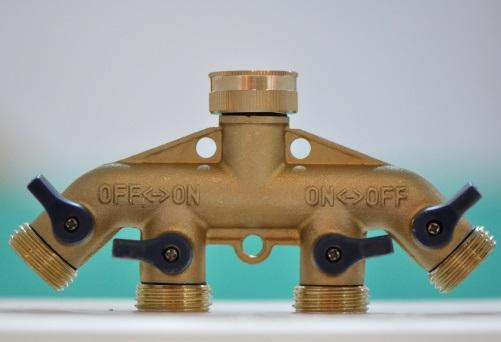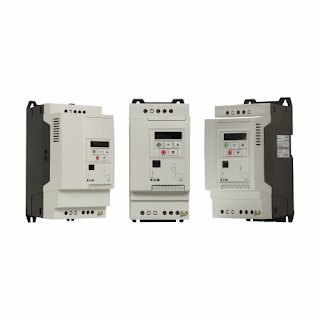Applying VFD Control to a Multi-Pump System for Greater Effectiveness
Managing industrial water flow or liquid movement can typically involve a chain setup for pumps, combining the pressure of multiple units in sequence. This is common with liquids like water that don’t compress and need increasing force to move through systems at a distance. To manage multiple pumps on an automated basis, controllers are essential, especially the programmable type.
The benefit of multiple pumps speaks for itself. There is greater efficiency, cost savings, and less redundancy versus manually operated systems. Of course, there is always the fall back of different pumps versus one as well, even if the single pump is larger and stronger. With a variable frequency drive controller, or VFD, things get even easier, circumventing the need for regular programming of the controllers as well.

Water flow isn’t always consistent, so a typical set up has the VFD in control of the first pump, in particular, to be as responsive as possible to changing demand for flow. The VFD senses the changes in demand, and adjusts the first pump’s operations accordingly. If the demand is greater than the first pump, then the VFD pulls support from the secondary and tertiary pumps to compensate as needed and shuts them off when not. Obviously, as soon as the secondary and tertiary pumps kick in, flow will get stronger, and the VFD has to compensate for this change as well. Because a high-quality controller is designed for exactly this kind of scenario, it can deal with the variations faster, maintaining a steady flow regardless of how many users are drawing on the water or liquid at the same time.
The efficiency of a VFD/multi-pump approach provides critical safety and preservation of capital equipment as well. Under manual circumstances, the same equipment would run constantly until manually turned off. That creates a lot of unnecessary wear and tear on expensive equipment. Eventually, maintenance is needed sooner than necessary. Instead, a VFD cuts down on the extra usage, containing activity just to what is under demand. While the primary pump will always take the brunt of demand, the secondary and tertiary pumps will easily last longer and generate more value with a VFD in control.
Eaton VFDs have regularly been used for pump management, including both on-site and remote control, due to their high quality of design, build and reliability. Not only are they quite capable of managing water pumps, they are regularly applied to other liquid flow systems as well as alternative options. Much of the reason, again, continues to be the clear level of performance above par when measured against other pump management applications.
Seagate Controls continues to be a primary dealer and provider of Eaton VFDs for all types of system management controls. Whether for liquid pumps or for HVAC or electrical systems, Eaton VFDs outlast, outmanage and outperform other choices regularly. Because of the significant depth of experience our specialists provide, our customers regularly work with and receive significant help in planning out new VFD applications as well as upgrades on a repeat basis. Our partnership with Eaton provides both the installation guidance up front to get started as well as the ongoing support to troubleshoot and solve even the most challenging of issues. Call us to get started with Eaton. You'll be amazed at what's possible with Eaton VFDs as well as how they can up your game in system management.
Source Url :- https://labelworking.com/applying-vfd-control-to-a-multi-pump-system-for-greater-effectiveness/

Comments
Post a Comment